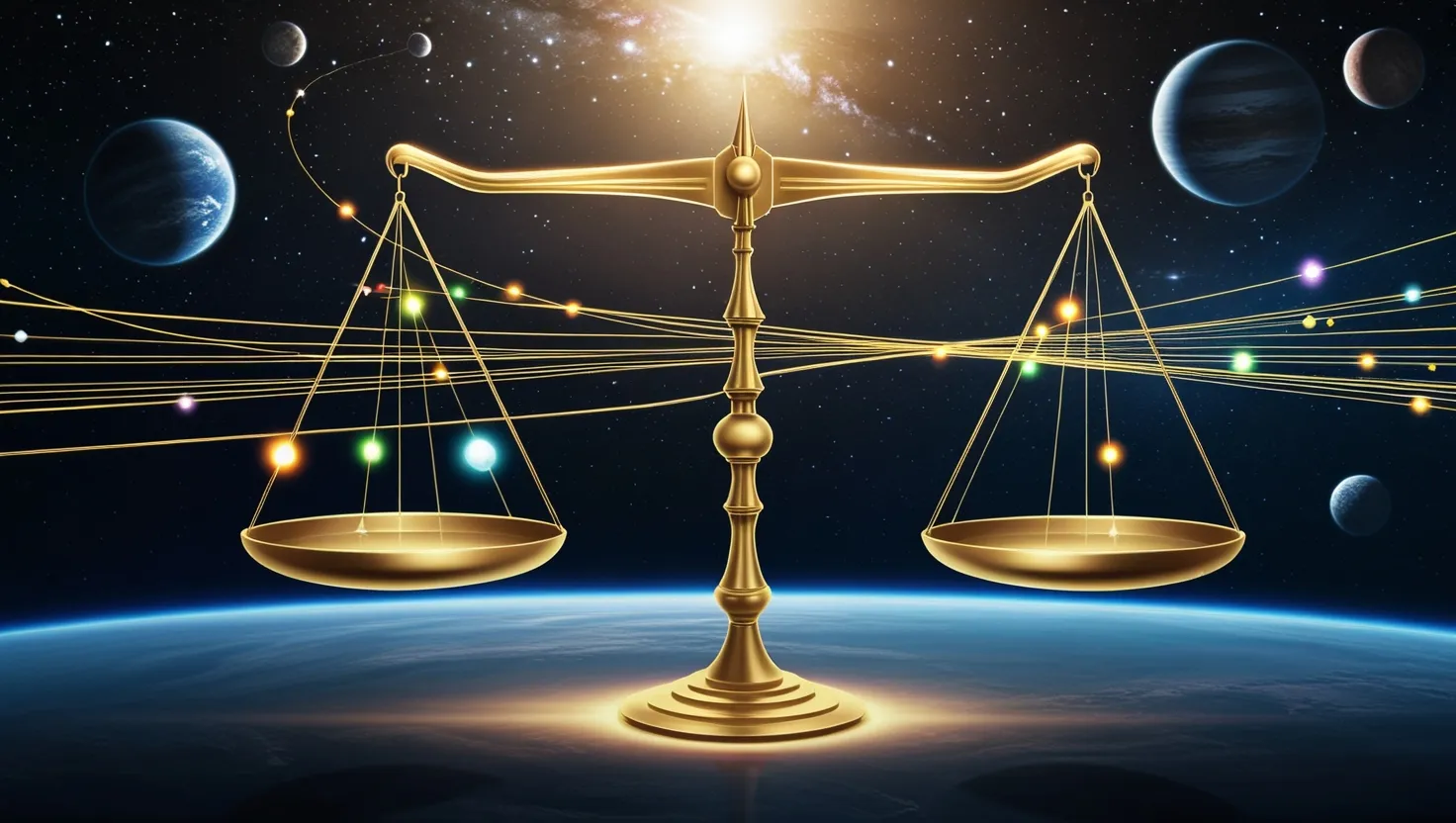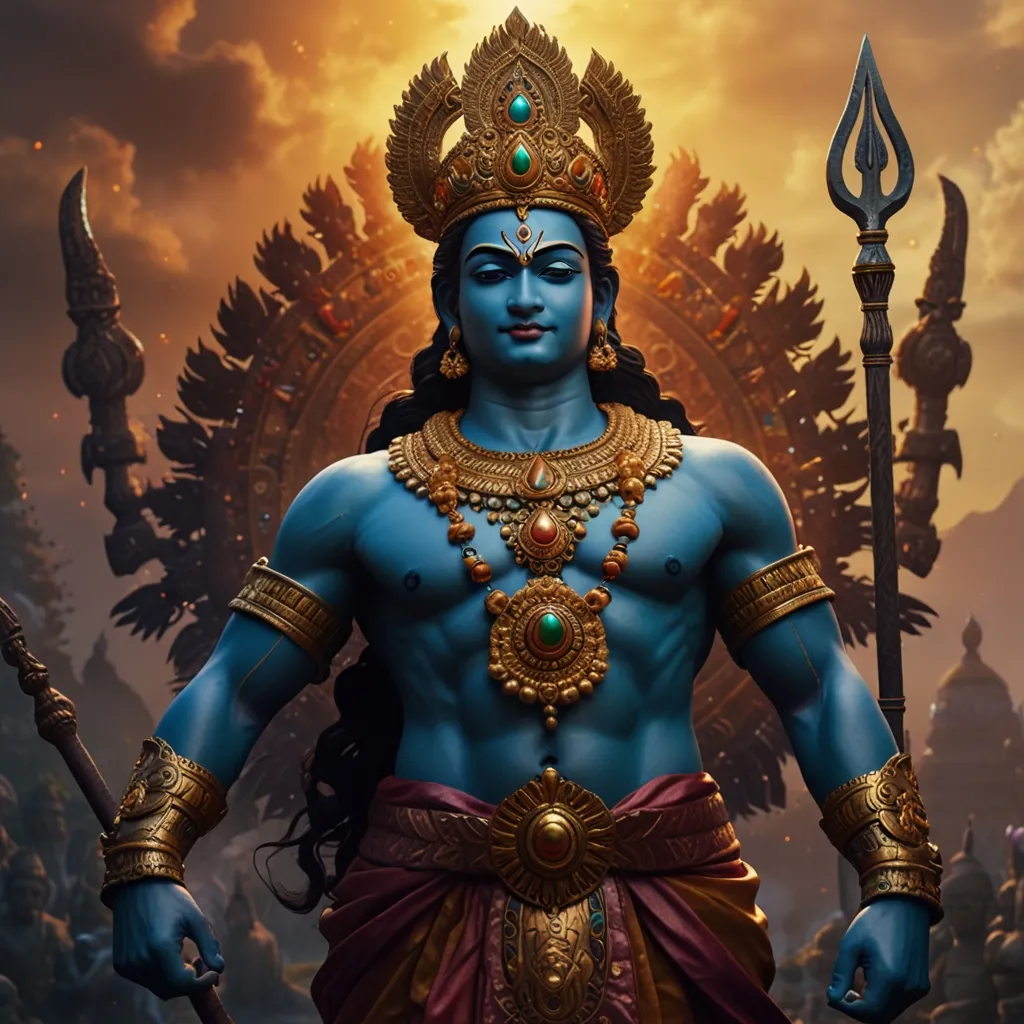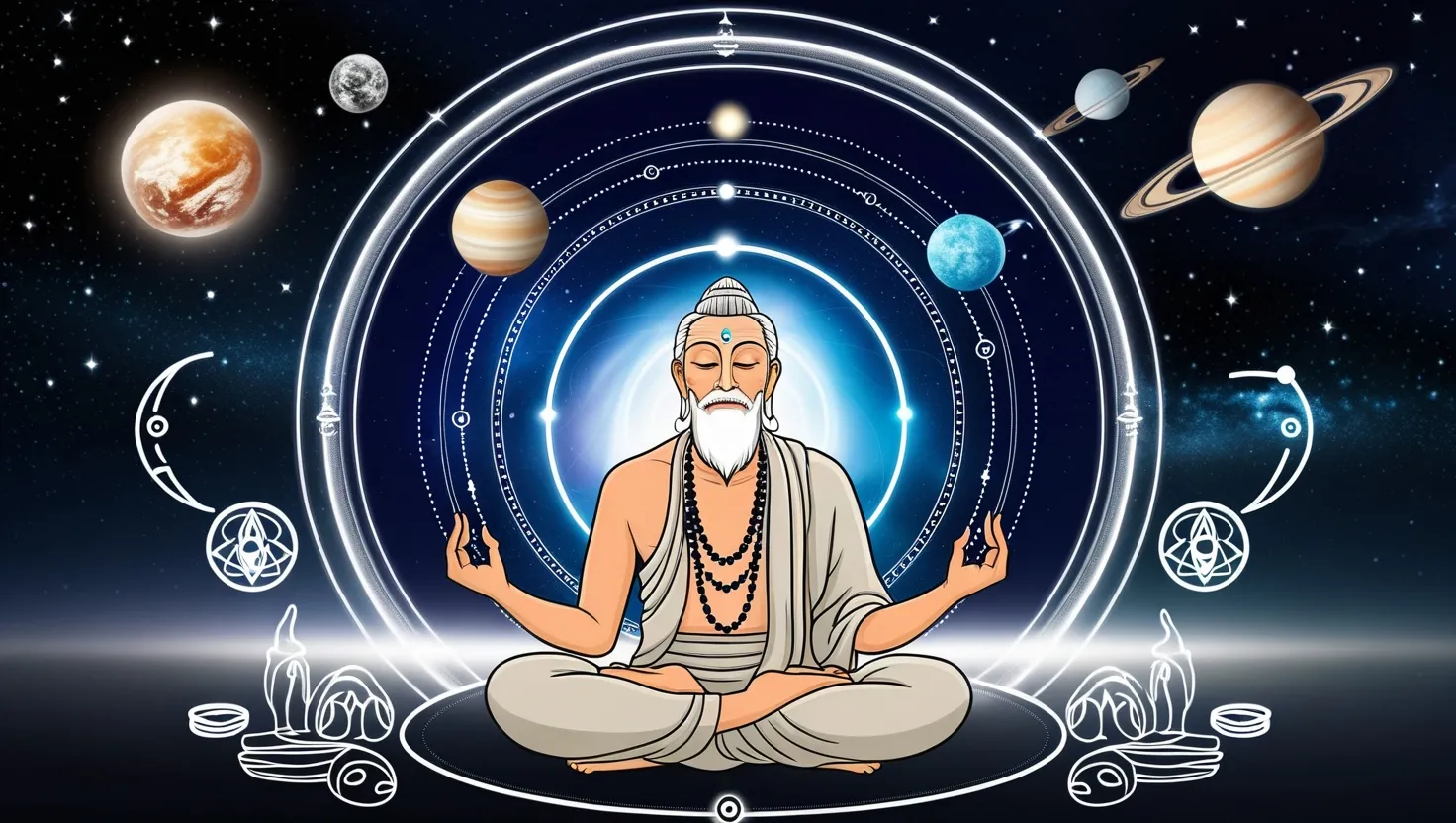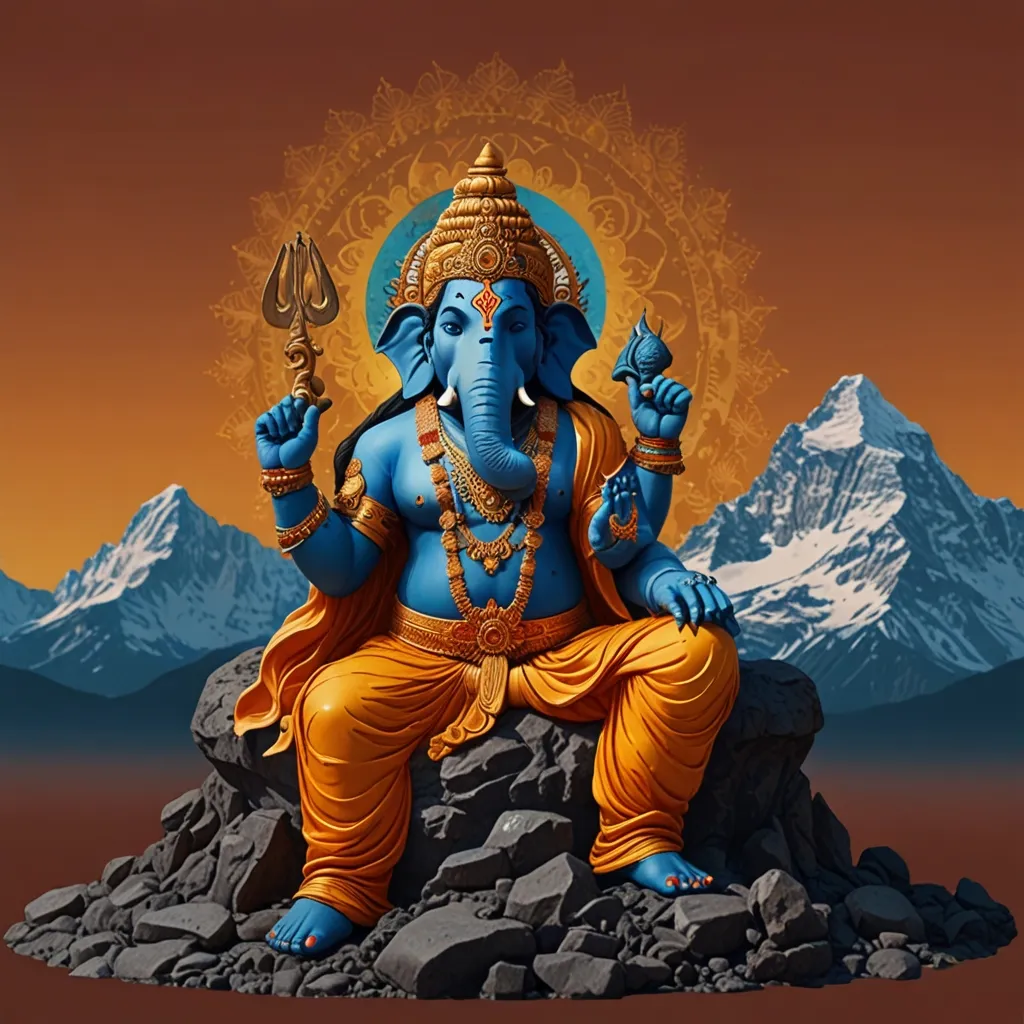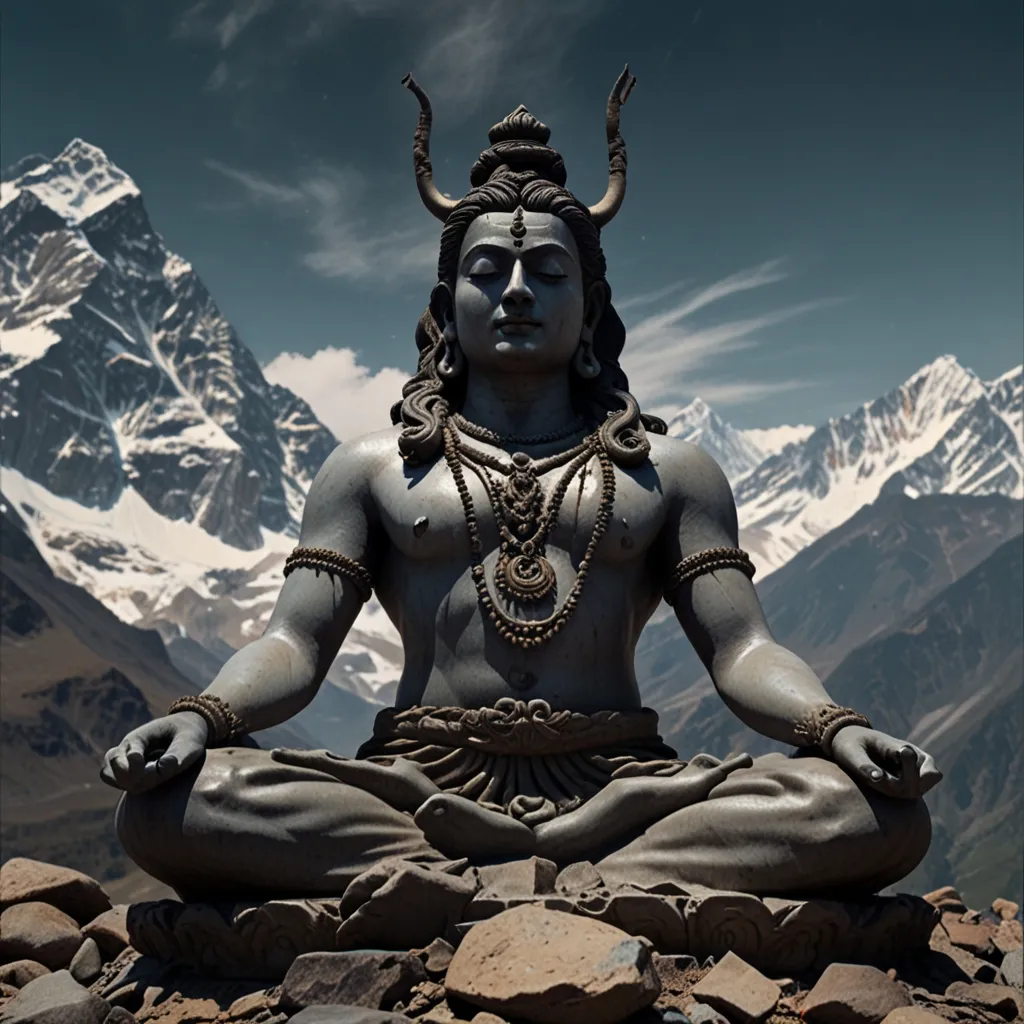Imagine the universe as a vast, invisible balance, keeping track of every choice, every whisper of intention. That’s the idea at the heart of the Bhagavata Purana. The stories inside aren’t just ancient bedtime tales; they offer a map of how cause and effect shape destinies far beyond what most people ever notice. When I look closely, I see a logic operating that ignores what we call “luck” or “randomness.” Instead, every action, big or small, dances to a precise rhythm—one set by cosmic justice.
Now, you may ask: If cosmic justice is so orderly, why do good people still suffer or the dishonest sometimes thrive? The Purana doesn’t dodge this; it pushes us to expand our view. It tells us life stretches over countless births, and the math of justice isn’t tallied in one lifetime alone. It’s as if the universe keeps the longest memory—far longer than anything we can hold in our heads.
Let’s slow down with the story of King Vena. He was a king who told his people, “Stop worshipping gods. Worship only me.” The power made him forget right from wrong. Eventually, his own subjects killed him with blades of grass. Look at the strangeness here: not swords, but grass. The everyday things, when charged with moral energy, became strong enough to destroy a king. It’s a strange lesson about how arrogance and ego aren’t just personal flaws. They punch holes in the world’s balance, and then, balance restores itself, even using things you’d never expect.
“Nearly all men can stand adversity, but if you want to test a man’s character, give him power.” — Abraham Lincoln
Why does power change people? The story of Nahusha gives us another clue. He rose high because of his goodness. But once on the throne of the gods, he started thinking he was above everyone. He treated wise sages like common servants. Eventually, he insulted the sage Agastya and was cursed—not with loss of his throne, but to become a snake. Why a snake? The Purana seems to say: our actions shape not just what happens to us, but what we literally become. You overstep, and you become low, even if you start at the top. No position, not even king of heaven, can save you from your choices.
This view may sound harsh—but the Purana isn’t always strict. Sometimes, it’s surprisingly gentle. Take Putana. She was a demoness sent to kill baby Krishna. Disguised as a motherly woman, she tried to poison him by breastfeeding. Instead, Krishna accepted her as a mother and gave her liberation. Here, the logic isn’t simple eye-for-an-eye justice. The act was evil, but her form of service—the nurturing act, even if fake—was counted. The universe hesitated and found a window for grace.
Can the universe forgive even harmful intentions if there is a spark of goodness? Or is it the act itself that sometimes weighs more than what’s in the heart? These stories invite me to keep asking.
“He who does not punish evil commands it to be done.” — Leonardo da Vinci
But punishment isn’t always just about pain or suffering. In the story of Kaliya, the poisonous snake, we see another route. Krishna defeats Kaliya but doesn’t destroy him. Instead, Kaliya is exiled to a place where his poison wouldn’t hurt anyone. This is justice that aims to restore balance, not simply to crush the wrongdoer. It’s almost like the universe says, “Change the environment, and the harm goes away.” It’s not only about revenge or retribution. Sometimes, it’s about putting things, and people, where they can do the least damage.
This strikes me as a deeply modern idea—even though it’s ancient. What if people who mess up aren’t always thrown away, but guided somewhere they’re less likely to hurt others? What does this say about second chances? The Purana quietly suggests: every being has a nature. True justice recognizes this and works with, not just against, it.
Flip now to King Parikshit. Distracted, tired, and probably cranky, he put a dead snake around a meditating sage’s neck as a prank. The sage’s son heard about it, and in a fit of anger, cursed the king to die in seven days. The king’s small, disrespectful act snowballed—leading to his death. Don’t think only big crimes matter, the Purana whispers. Even small stumbles leave footprints in this world.
Let’s pause. Have you ever acted carelessly, only for it to boomerang back in a way you never expected? The Purana’s stories press us to see that no deed, good or bad, vanishes without a trace.
“Justice is truth in action.” — Benjamin Disraeli
But then comes the story of Ajamila. A young man, he starts off good, slips into a sinful life, then finally, in his old age, calls out to his son “Narayana!” (which is also another name for God.) He’s saved—not because he planned this, but because, in his fear and desperation, he spoke God’s name. It’s as if, at the last second, the scales tip. The Purana seems to be telling me: it’s never too late. Even a fleeting moment of sincere remembrance can rewrite a life’s worth of bad choices.
So, what do we do with all this? Are these just old stories, or do they still matter? I think about the justice system in the stories. It doesn’t work like a human court, with lawyers and judges banging gavels. The consequences roll out invisibly, sometimes right away, sometimes lifetimes later. Paying respect to the smallest details—showing care, pausing before acting—suddenly seems a lot more important. Cosmic justice looks at everything—the why, the what, and even the how.
Here’s an insight I keep returning to: the Purana doesn’t paint a world of only black and white, reward or punishment. Rather, it describes an ecosystem of cause and effect, where karma isn’t a punishment, but more like gravity. We don’t blame gravity when we fall; we learn from it. Similarly, karma teaches—not out of cruelty, but to nudge living beings toward better understanding.
Have you wondered why some people appear to carry burdens they never earned, or why kindness sometimes returns in ways you can’t predict? The Purana’s stories cut at the root of randomness, hinting that everything fits somewhere, even if we can’t see how. Nothing is wasted.
“The moral arc of the universe bends at the elbow of justice.” — Martin Luther King Jr.
If I see suffering as pointless, I feel helpless. But if I view it as the result of long chains of cause and effect, I find responsibility and maybe even hope. The stories remind me: don’t focus only on the outcome. The smallest intention, good or harmful, spins into the fabric of what’s to come.
There’s a subtle beauty in how the Purana handles the “bad” characters. Even the worst offenders are not hated or tossed aside forever. They’re given a way to change, or a chance to try again, maybe in another form. Instead of a hall of permanent shame, the universe offers a school with as many repeat lessons as needed. This gives new weight to the idea of mercy—true mercy seeing beyond the crime and looking for the spark that can still grow.
It makes me wonder: what would my life be like if I acted with the awareness that every action—each little choice—matters more than I can see? Not out of fear, but realizing that every gesture, every word, contributes to the balance around me.
Another thing I notice is how the stories turn power on its head. Kings fall. Outcasts rise. Demons win liberation. Big results grow from small seeds. Where else do you see such fairness—not in one lifetime, but across many? It teaches me to stop judging too quickly. The person in trouble today may—through a surprising act of grace or a moment’s humility—find freedom tomorrow.
In the end, the world woven by the Bhagavata Purana is strangely fair, even when it looks unfair. It says: don’t rush to fix everything in a single chapter. Life is longer than you think. The universe counts in lifetimes, not hours, and justice, though slow, moves with a purpose.
“Character is much easier kept than recovered.” — Thomas Paine
These stories push me to live more carefully, to be less sure about others’ destinies, and to trust that the universe has a patience and a memory I can hardly imagine. As you walk through your own day, maybe you’ll remember—nothing is small, nothing is unnoticed, and everyone gets another turn. How different would your choices be, if you truly believed that?
